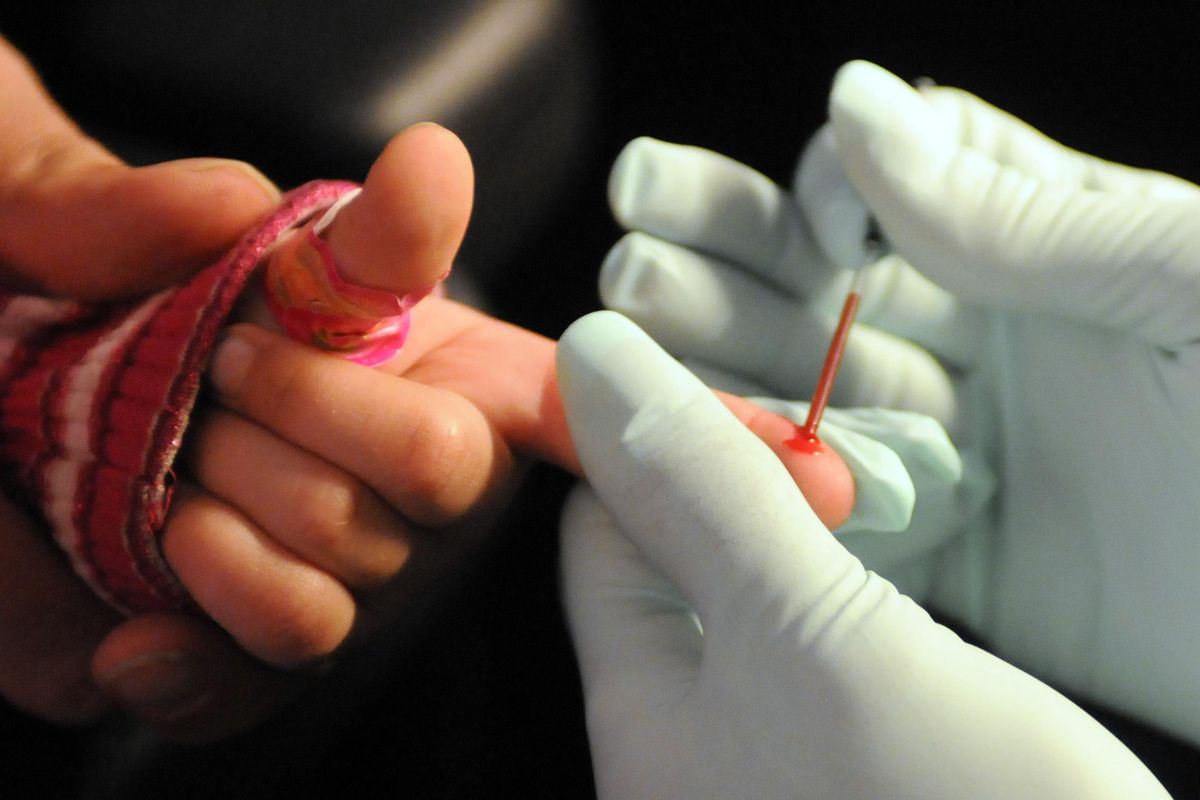Blood tests may have significantly underestimated lead levels, FDA and CDC warn

Federal officials are warning that some blood tests may have “significantly” underestimated lead levels, and they are urging the retesting of some children, as well as pregnant and breast-feeding women.
The Food and Drug Administration and the Centers for Disease Control and Prevention said the tests in question were made by Magellan Diagnostics, a leading testing company. The warning applies only to tests in which blood samples are taken from a vein, not the more common finger- or heel-prick tests.
“The FDA is deeply concerned by this situation and is warning laboratories and health care professionals that they should not use any Magellan Diagnostics’ lead tests with blood drawn from a vein,” Jeffrey Shuren, director of the FDA’s Center for Devices and Radiological Health, said in a statement. “The agency is aggressively investigating this complicated issue to determine the cause of the inaccurate results and working with the CDC and other public health partners to address the problem as quickly as possible.”
During a conference call with reporters, Shuren said Magellan got complaints about inaccurate results in 2014 but concluded after testing “that the risks were negligible” and took steps to resolve the issue. He said the company did not alert the FDA to the problem. Officials are investigating the tests but do not know how many people might be affected or how long the inaccurate tests may have been used.
The government is recommending that health-care professionals retest children younger than 6 if their tests showed a result of less than 10 micrograms of lead per deciliter. It also recommended that women who are pregnant or nursing get retested. Other adults worried about lead exposure should talk to their doctors about possible retests.
The FDA said the “stick” tests by Magellan can still be used, as can other test methods offered by some laboratories.
“While most children likely received an accurate test result, it is important to identify those whose exposure was missed, or underestimated, so that they can receive proper care,” Patrick Breysse, director of the CDC’s National Center for Environmental Health, said in a statement. “For this reason, because every child’s health is important, the CDC recommends that those at greatest risk be retested.”
The government officials noted that lead exposure can cause damage in nearly every system in the body and produces no symptoms. Lead poisoning is especially hazardous for young children and babies.